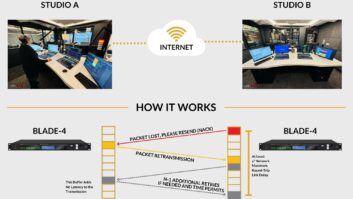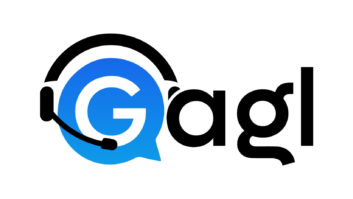LOS ANGELES � I�ve written often about one of the advantages over-the-air broadcasters have over content providers who are stuck using just the internet. One such advantage is unfettered access to our listeners. There�s no one, and no organization, controlling access, such as there is when you rely on the public internet.�

Recently my position has softened some, because of the plethora of new network infrastructure under construction. I�d been thinking all along the real problem was lack of mobile infrastructure.
Then on Friday came news of the massive DDoS attacks that started on the east coast, and then showed in subsequent �waves� across the U.S. The now infamous �attack� started around 7 a.m. (ET) and was aimed at Dyn, an internet infrastructure company headquartered in New Hampshire.
Most of you likely know all about DNS, but for those of you that don�t: DNS is a system that resolves the web addresses we see every day into the IP addresses that your computer or mobile device uses to find and connect with the right servers so browsers can deliver requested content. Dyn offers Domain Name System services, and said �its server infrastructure was hit by distributed denial-of-service, or DDoS, attacks.� These work by overwhelming targeted machines with junk data traffic � sort of like knocking someone over by blasting them with a fire hose, according to cbc.ca.� �
�The situation is a definite reminder of the fragility of the web, and the power of the forces that aim to disrupt it,� according to Wired.com.�
I�ve alsowritten previously about how the �internet of things� will affect traffic loadsand thus users and content providers that rely on it. Now, it turns out, the internet of things has been cleverly turned in to an Achilles� heel that can bring the internet to a crawl for users. �Initial reports indicate that the attack was part of a genre of DDoS that infects Internet of Things devices (think webcams, DVRs, routers, etc.) all over the world with malware. Once infected, those internet-connected devices become part of a botnet army, driving malicious traffic toward a given target,� also according to Wired.�
The �war� will continue being played out in the near future, with one side being hackers, and the other side being network security experts.� I�d hate to think that my only way of reaching listeners would be through the virtual �no-man�s land� between the two.�
Just one more reason that OTA has quite a bit of life left in it.
�












